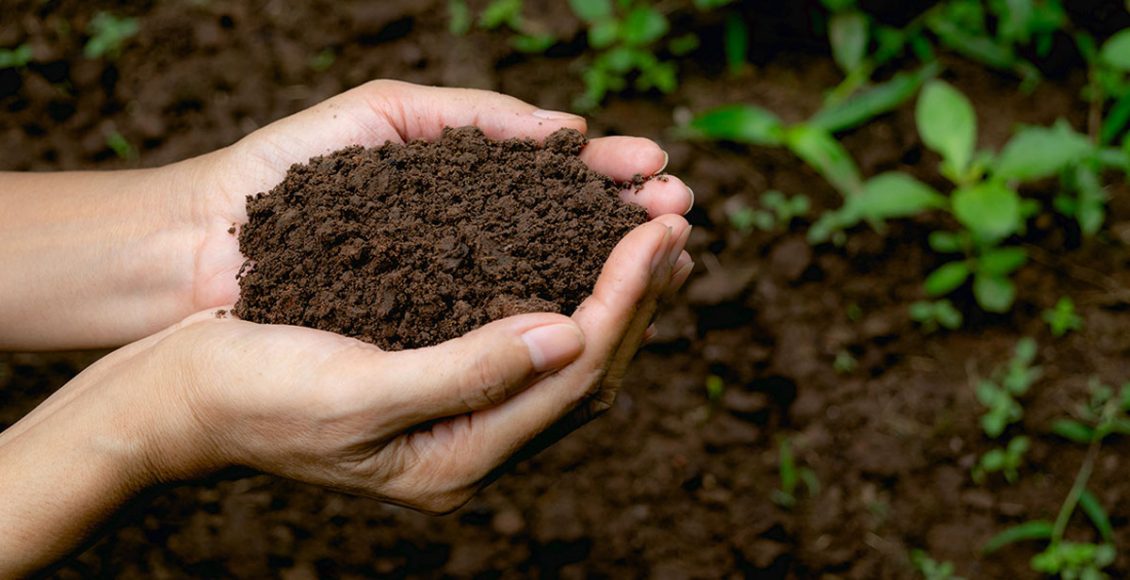
Scope of Carbon Credit market In Indian Agri Ecosystem
Carbon credit market is a global level initiative where the reduction in carbon or carbon equivalent emission is measured in terms of carbon credits. It is a tradable permit or certificate that provides the holder rights to emit one tonne of carbon or carbon dioxide equivalents, while assuring the alignment to environmental regulatory compliance. The entities exceeding the emission cap buy the carbon credits from low carbon-emitting entities. It becomes essential for carbon emission exceeding entities to purchase carbon credit to comply with stringent country-specific environment safety and regulatory norms laid by Environment Protection Agency (EPA), United Nations Framework Convention on Climate Change (UNFCCC), etc. It is expected that India and China are most likely to emerge as the biggest carbon credit seller in the coming years, and Europe will be the biggest buyer of carbon credits.
The carbon trading market in India is at a very nascent stage but exhibits a fast pace of growth compared to IT and other service industries. In the recent past, India’s carbon trading market ranked as second-highest transacted volumes globally by generating 30 million carbon credits. India is the third-largest carbon emitter that accounting for 2.46 billion metric tonnes. The agriculture sector contributes to 25% of carbon emissions due to chemical fertilizer and pesticides, deforestation, stubble burning, crop nitrogen, cattle ruminants, etc. India can benefit from carbon trading worth USD 50-60 billion by adopting sustainable farming and agroecological approaches[1].

Data such as crop yield & area covered, diesel use, amount of fertilizer and pesticide used, livestock & animal feed-related information is required to estimate total carbon emission. Accordingly, the value is measured against a country-level accepted carbon credit standard unit. There are certain global level developments witnessed in the market. Bayer has incentivized 1,200 farmers in Brazil and US on generating carbon credits by adopting climate-smart practices. While, industry giants like BCG, Shopify, Barclays, JP Morgan Chase and IBM committed to pay $20 per tonne of carbon dioxide equivalents sequestered in soil or abated during the 2020 growing season.
India has been participating in carbon credit market since 2004, when Powerguda village in Andhra Pradesh became first indian village to sell carbon credits worth $645 to the World Bank by extracting bio-diesel from Pongamia trees. At present, certain renowned agribusiness players such as Grow Indigo (Subsidiary of Mahyco, India) and Indigo Ag are working in partnership with farmers of Punjab, Haryana, and Maharashtra to enable farmers earn carbon credits by assisting in sequestering carbon, covering nearly 1,000 acres.The farms are being geo-tagged and monitored using remote sensing throughout the crop cycle, and soil tests are being conducted at regular intervals to measure carbon credits. India has established the first exchange in Asia known as Multi Commodity Exchange (MCX) to trade carbon credits. At present, companies that meet the UNFCCC norms will be entitled to sell carbon credits at this exchange platform[2]. However, many developments are still needed at the regulatory and marketplace front to ensure a transparent working mechanism in this market.
[1] ‘Agroecology and Regenerative Agriculture round table conference’ NITI Ayog (May,2020), India
[2] http://www.legalservicesindia.com/article/264/Carbon-Trading-In-India.html
Author

Connect with Author at: E-mail agribusiness@sathguru.com
 Grow Beyond
Grow Beyond 

